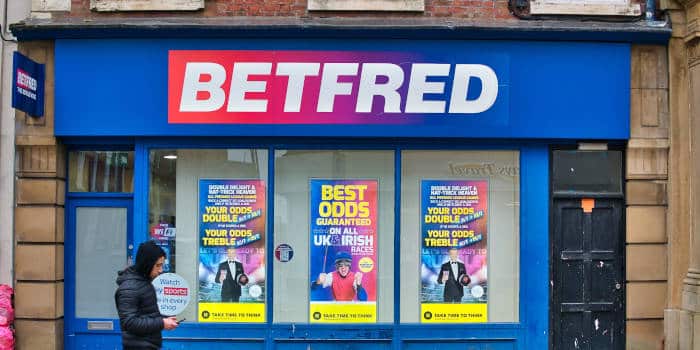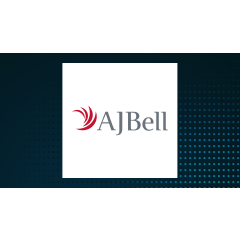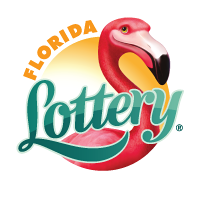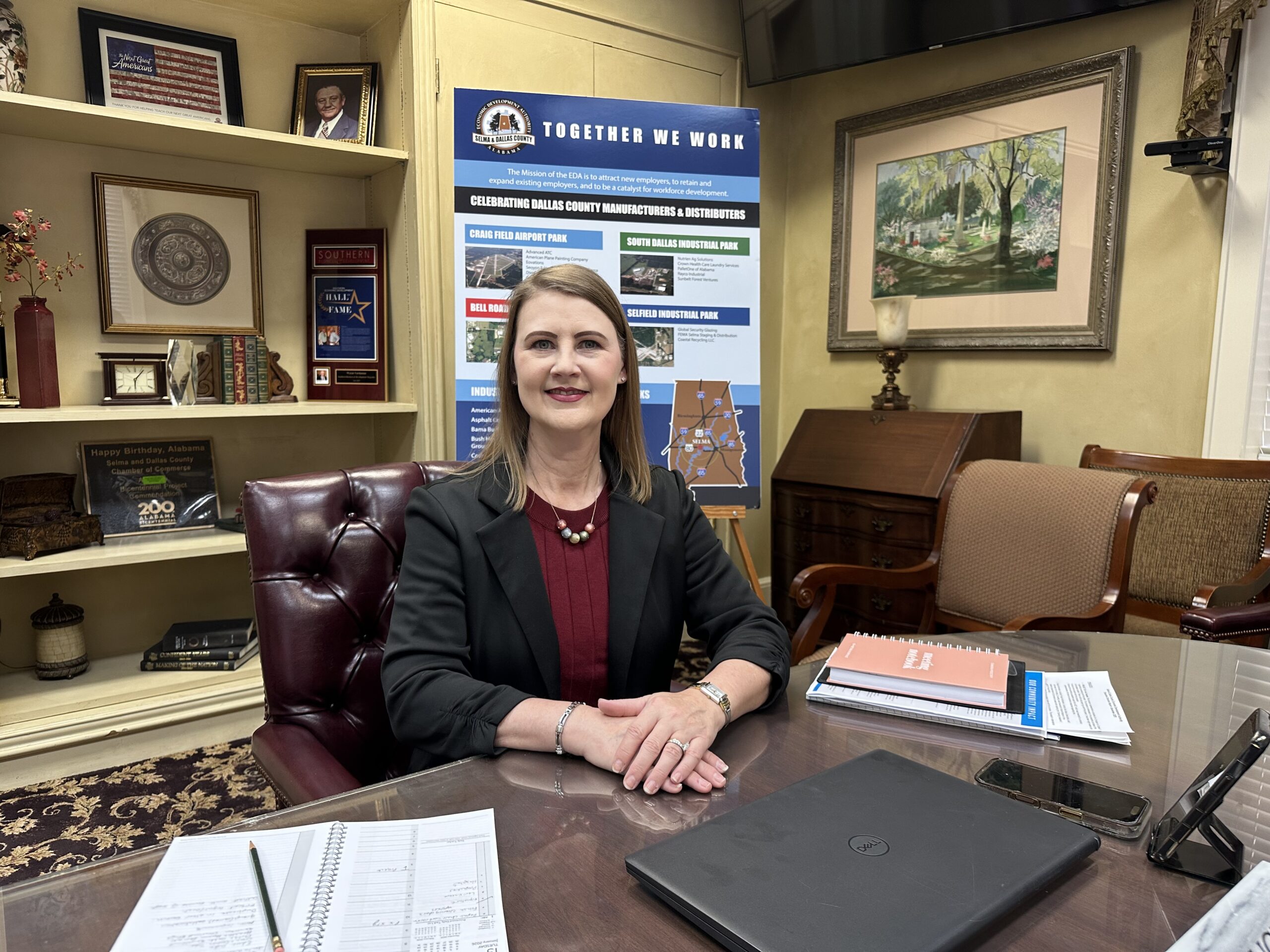Betfred, a prominent UK bookmaker, has issued a stark warning regarding the potential closure of nearly 1,300 betting shops if a proposed increase in gambling tax is enacted. This move could jeopardize the jobs of approximately 7,000 employees, as expressed by Fred Done, the company’s chairman and co-founder. He characterized this situation as the “biggest threat” the gambling industry has ever faced, a sentiment echoed by competitors within the sector.
The proposed tax hike was initially suggested to Chancellor Rachel Reeves by former Prime Minister Gordon Brown. The intention behind this plan is to address child poverty in the UK. However, the Betting and Gaming Council, which represents gambling companies, has labeled the plan as “economically reckless.” The Council also cautions that such an increase could lead to a rise in black market gambling activities.
Many of Betfred’s shops currently operate at a loss, and Done indicated that an increase in taxes would exacerbate this issue. Despite reporting a profit of £1 billion in its latest annual report, the company allocated around half of that amount to cover operating expenses.
Industry Reaction and Potential Impact
The broader gambling industry is voicing concerns over the tax proposal. According to estimates from the Institute for Public Policy Research (IPPR), a potential 50% increase in gambling tax could generate approximately £3.2 billion in revenue. Evoke, the owner of William Hill, has warned that this change could result in the closure of 200 shops.
Additionally, rival firm Paddy Power announced plans to shut down over 50 locations across the UK and Ireland, potentially affecting around 250 jobs. Entain, another major player in the gambling sector, has also signaled that shop closures may be on the horizon if the tax is implemented.
In addressing the future of gambling, Done noted, “Slowly it will go online, but we’re talking, without tax increases, we’ve still got probably 20 years of life on the High Street.” This statement reflects a significant shift in the industry as more consumers turn to online platforms for their betting needs.
Future Financial Pressures
The UK government is facing mounting pressure to secure £50 billion for public finances, which has intensified scrutiny on Chancellor Reeves as she prepares for the upcoming Autumn Budget. Discussions surrounding the gambling tax are increasingly prominent, with varying opinions emerging on its necessity.
Professor Ashwin Kumar, the director of Research and Policy at the IPPR, highlighted the urgent need for higher taxation on gambling. He stated, “We know that most of the profits made by gambling companies come from a very small number of gamblers, many of whom are at risk of serious harm. And so we think that the duties should be higher, just like tobacco and alcohol.”
Charity organization GambleAware has advocated for more stringent regulations to mitigate the risks associated with gambling, particularly concerning children. Their call for action emphasizes the need to balance revenue generation with societal responsibility.
As the debate continues, the potential consequences of the proposed tax increase remain a critical issue for both the gambling industry and the livelihoods of thousands of employees across the UK. Stakeholders are left to ponder the implications of these financial measures as the government navigates its fiscal challenges.







